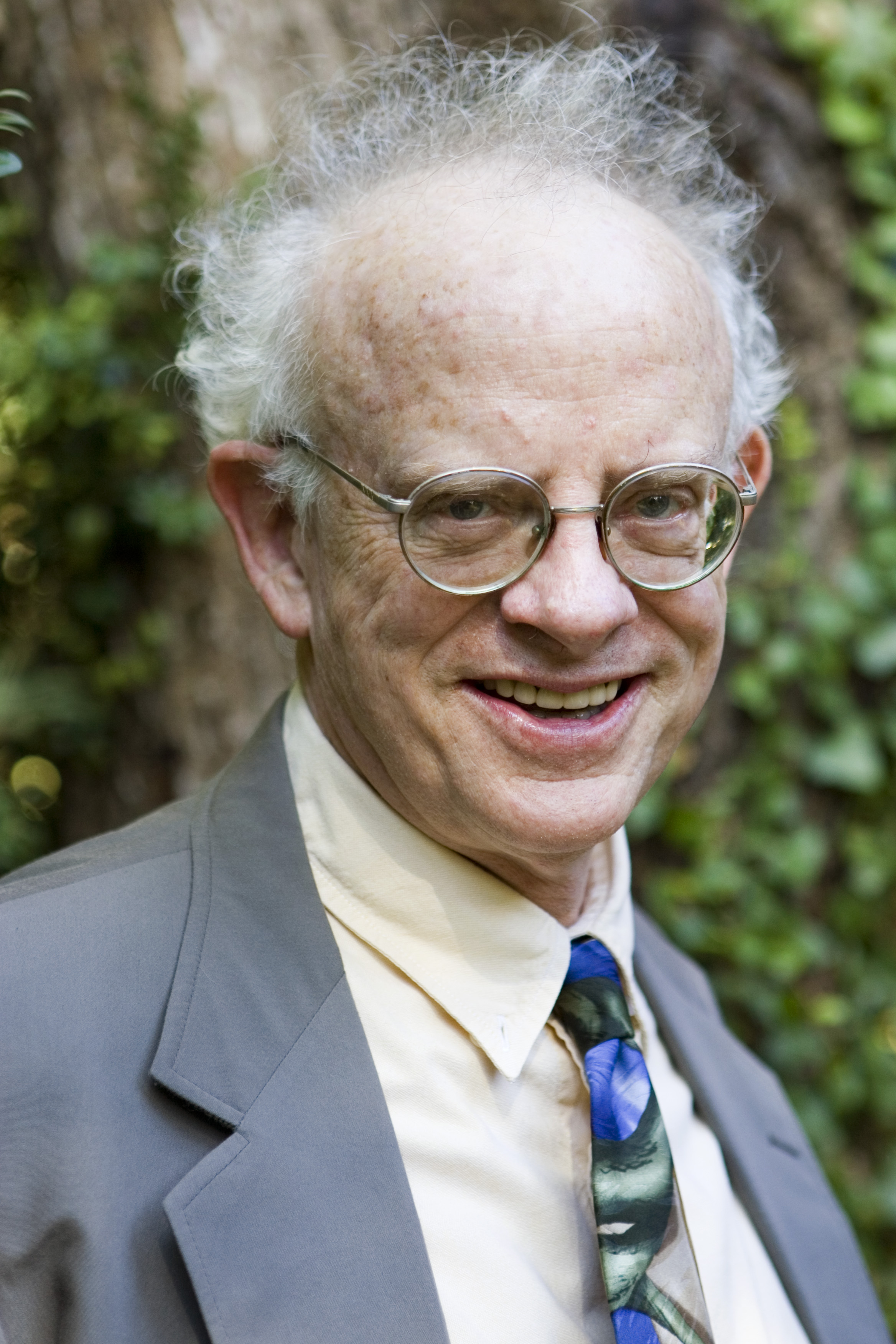The plummeting cost of whole-genome sequencing may soon usher in a new era of research that can harness people’s genetic data to track down the drivers of common diseases like cancer and diabetes.
But realizing that “enormous promise” for advancing clinical care and the greater public good will require securing and respecting individual privacy protection, concludes a new report from the Presidential Commission for the Study of Bioethical Issues, released last week.
The report, “Privacy and Progress in the Era of Whole Genome Sequencing,” highlights the key issues surrounding how to reconcile the need for protecting privacy with researchers’ need to gather personal data from many thousands or millions of individuals, said University of Virginia bioethicist and commission member John Arras, the Porterfield Professor of Biomedical Ethics in the College of Arts & Sciences and a professor of philosophy and public health sciences.
“The life-saving potential of genome sequencing depends on gathering genetic information from many thousands (perhaps millions) of individuals, most of whom will not directly benefit from the research,” said commission chair Dr. Amy Gutmann, president of the University of Pennsylvania. “Those who are willing to share some of the most intimate information about themselves for the sake of medical progress should be assured appropriate confidentiality, for example, about any discovered genetic variations that link to increased likelihood of certain diseases, such as Alzheimer’s, diabetes, heart disease and schizophrenia.
“Without such assurance in place, individuals are less likely to voluntarily supply the data that have the potential to benefit us all with life-saving treatments for genetic diseases. Everyone stands to gain immensely from our society taking the necessary steps to protect privacy in order to facilitate progress in this era of whole-genome sequencing.”
The report offers a dozen recommendations to help craft policies flexible enough to ensure progress and responsive enough to protect privacy, said Arras, a member of the Center for Biomedical Ethics and Humanities in the School of Medicine.
The commission found that current laws and oversight of the collection and use of genetic data vary in how strongly they protect individuals from risks associated with genome sequence data, particularly from state to state, Arras said.
For instance, only about half the states offer protections against surreptitious commercial testing, such as collecting genomic data from saliva traces on a discarded coffee cup.
Surreptitious commercial testing is mostly theoretical so far, but to nip that possibility in the bud, Arras said, the commission urges the federal and state governments to ensure a consistent floor of baseline protections covering whole-genome sequence data, regardless of how they were obtained.
But determining exactly what those baseline privacy protections should look like is a difficult question, Arras noted. The commission considered how the meaning and value of privacy is evolving in the age of social media as people share all sorts of personal information via Facebook that, just a few decades ago, would never have been shared beyond the most intimate of family and friends, Arras said. Today many people are anxious to share their genetic information with other people and researchers concerned with similar medical challenges, and they should be able to do so.
“We don't want our zeal to provide robust baseline genomic privacy protections for everyone to preclude individuals’ ability to access and share their information with other individuals, groups and research teams,” he said.
To date, the commission has advised the White House on the benefits and risks of synthetic biology; assessed the rules that currently protect human subjects in research; and completed an investigation into the specifics of 1940s-era U.S. Public Health Service research experiments in Guatemala involving syphilis and other sexually transmitted diseases.
Media Contact
Article Information
October 16, 2012
/content/arras-commission-seek-balance-privacy-public-good-genomic-research

